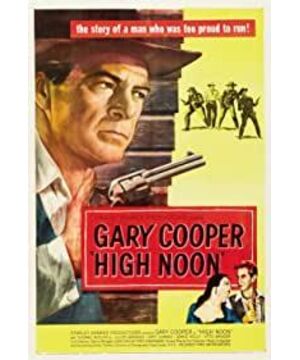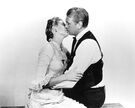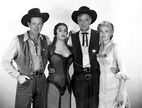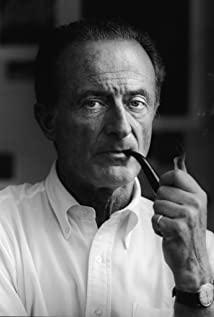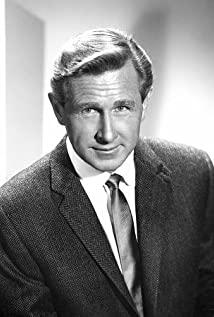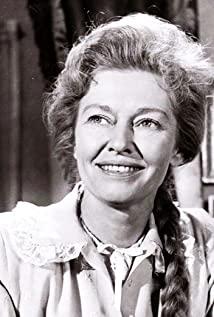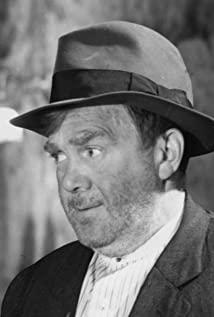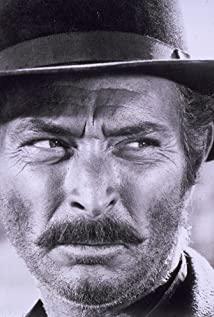In fact, when a man matures, he will no longer act on his emotions. The lieutenant and the boss dared to confront each other, so much so that a fight broke out in the end. He is not afraid of death at all, so that he is even less afraid than the boss, and has courage.
The judge is not afraid of death, and he clearly stated his position and his views on this matter. This view was so profound that the boss was speechless and breathless for a while. People who can say such things don’t actually see through life and death, or don’t regard death as a fear at all. Because they really understand that there are many things more frightening than death.
In fact, the mayor is not afraid of death, because he clearly said that a gun battle would have dire consequences for the town. In fact, in his opinion, it is not cost-effective to do so, and the only criterion for his decision is whether it is cost-effective. Therefore, being afraid of death or not has no effect on him.
The old policeman is not afraid of death, but he is a waste and can't shoot. So whether he is afraid of death or not afraid of death has nothing to do with the outcome.
The boss himself was afraid of death, but he knew it was useless to be afraid of death, and he also knew that it was useless to run away. But in the mayor's opinion, it's better to run away, because then the fight won't take place in the town. Although it turns out that he hopes the boss will win, and he is likely to contribute to it. The judge actually thinks the same way, because it is more legal to examine and approve in another place, and it is easier to avoid giving the other party a chance to counterattack in the end. The lieutenant also thinks it's good to run away, because then he can play the hero once.
Many people know that this time is actually a personal grievance. Although the cause is related to the town, it is essentially a personal grievance. And even if the boss is really killed, the bad guys may not really succeed. In fact, it has already been said clearly, there were originally 6 deputy sheriffs. That is to say, even if the sheriff dies, the police still have the advantage, and at least cleaning up these four (and not all of them may survive to participate in the second battle) is an absolute advantage.
There are indeed sympathizers of bad guys in the town, but they are only sympathetic, and it is impossible for them to take action. Because they refuse to go to the train station, but just drink in the pub (or take care of the business at home like the restaurant owner).
But these are not really big problems. The problem is, we found out that the sheriff was the last to drop his badge on the ground, even after legally saying he had given up his identity as a police officer. So he ended up shooting first, even though he didn't know if the other party had changed. Although the film repeatedly made people feel that those people were bad people, the policeman himself knew in his heart that he should not do something without evidence. That's what the tavern owner said after he was beaten. So in the end, he could write letters calmly, go out to look for opportunities, and do a lot of things, but he didn't give up the badge, but only after killing people. To put it bluntly, it was essentially a lynching.
So in the end he left, or escaped, it was a real escape, an escape without any risk.
View more about High Noon reviews


